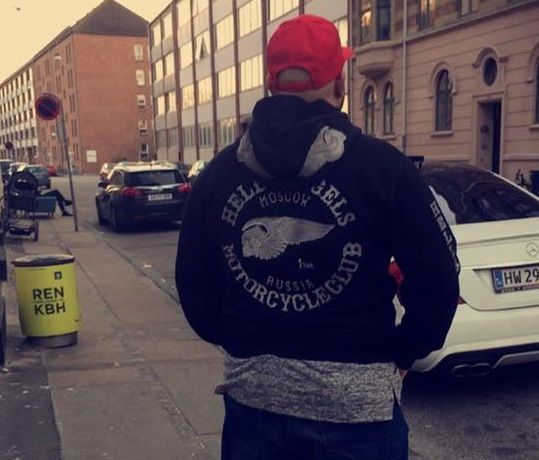The government has dramatically stepped up its efforts to curb gang activity by unveiling a new, more stringent gang package, ‘Gangs Behind Bars’.
The new package includes 28 specific initiatives aimed at getting gangs off the streets, making it safer for citizens, and tightening the screws of justice on gang-related activities.
“When random citizens are being shot in the streets and the neighbours of gang fortresses don’t dare go out at night, we as a civilized society must put our foot down,” said the justice minister, Søren Pape Poulsen.
“Citizens should feel safe wherever they go, and the gangs must go behind bars. They need to clearly feel doors closing in on them when they choose to join gangs. We’re coming with tougher punishments and seriously reducing parole options.”
READ MORE: New law proposal to shut down gang fortresses
Pape don’t take no mess
Poulsen also highlighted that gangs will in future also be banned from being in areas where they have previously committed crime.
The government heralded the new changes earlier this year when it revealed plans to shut down gang fortresses across the country.
Read the entire ‘Gangs Behind Bars’ strategy here (in Danish).












